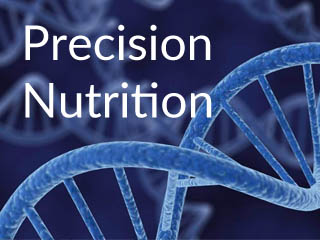Hormonal Disorders
There are numerous factors that influence hormonal balance and metabolism. Much of them stem from lifestyle choices and nutrition. A full history, including childhood hormone assessment, can reveal a lot about the prevalence and duration of those suffering from hormonal imbalances. For women, irregular or heavy periods, time of menstruation, level of PMS, use of contraception, timing of menopause, menopausal symptoms, bone health, heart health can all be indicators imbalances. For men, the most common form of hormonal imbalances can come in the form of other symptoms such as high blood pressure, fatigue, difficulty losing weight, high triglycerides, etc. Many of the symptoms for male hormone dysregulation goes unnoticed until just recently mainly because more and more research is bringing the issue of hormone related dysfunction to the forefront.
We now know that hormone imbalances aren’t just happening due to random chance, but they are linked to lifestyle behaviors and genetic markers. Our lifestyle and nutrition influences how our genes communicate. Our genes have “switches”. Lifestyle can turn the switches on or off. Many people are genetically more sensitive to their environment and lifestyle choices. This may explain why children experience imbalances very early in life. Major influences include food intake, activity level, stress, sleep, and toxins. About 10% of disease or imbalance is due to predisposing genetic factors. This means that lifestyle choices can greatly influence how your hormones respond.
A functional approach to addressing hormonal imbalance is to look deeper at what might be the underlying cause of dysfunction and giving recommendations to correct it or at least manage it. Besides further diagnostics, the number one way to correct most hormonal imbalances is to correct underlying metabolic imbalances. This is best done by therapeutic lifestyle changes (TLC). Additional support may be required to help correct a chronic condition or those that have progressed to another stage of disease. Hormone imbalances, if left undiagnosed, can progress into more serious diseases such as PCOS, Cancer, Thyroid Disease, etc…




 Providing nutritional therapy and lifestyle education for disease prevention and weight management....
Providing nutritional therapy and lifestyle education for disease prevention and weight management....